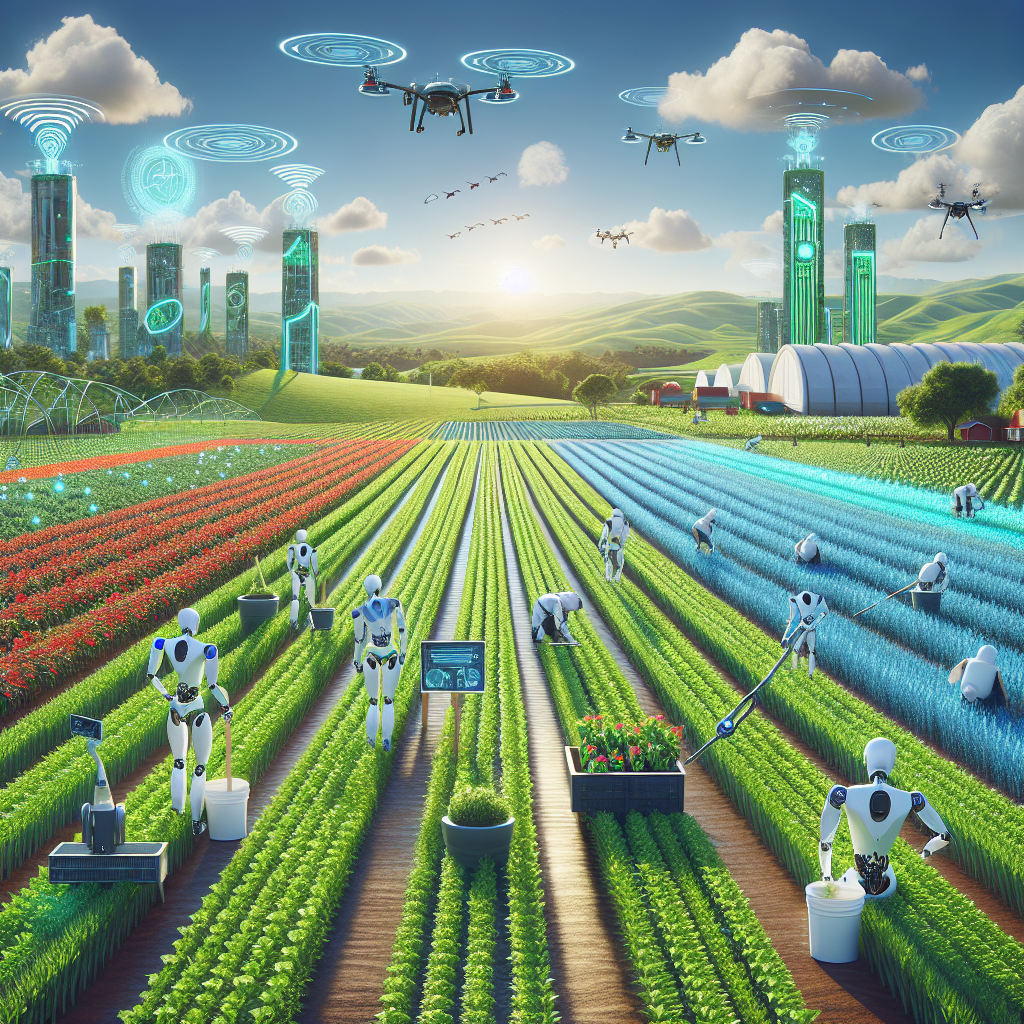As the world faces the pressing challenge of feeding a growing population, the intersection of AI and agriculture is becoming increasingly significant. Future farming is being revolutionized by innovative technologies that promise to enhance productivity, sustainability, and environmental stewardship. With the adoption of AI tools, farmers are now equipped to make data-driven decisions that can significantly improve crop yields while minimizing resource use.
One of the most exciting advancements in this domain is the use of precision agriculture techniques. These methods leverage AI algorithms to analyze vast amounts of data collected from sensors, satellites, and drones. By interpreting this data, farmers can gain insights into soil health, moisture levels, and crop conditions, allowing for more targeted interventions. These insights not only optimize the use of water and fertilizers but also help in pest management, ultimately leading to healthier crops and higher profits.
Moreover, the integration of autonomous machinery is playing a pivotal role in the future of farming. AI-powered tractors and drones are capable of performing tasks such as planting, monitoring, and harvesting with minimal human intervention. This automation not only reduces labor costs but also enhances efficiency and precision, thereby supporting the move towards sustainable farming practices.
However, the adoption of AI in agriculture does not come without challenges. Farmers need access to reliable data and advanced technology, which can be a barrier for many in developing regions. Additionally, there is a growing need for education and training to ensure that farmers can effectively utilize these tools. Addressing these hurdles will be crucial for maximizing the benefits of AI and ensuring that it contributes positively to global food security.
In conclusion, the future of farming is being shaped by the innovative application of AI technologies. As these tools become more accessible and integrated into agricultural practices, they hold the potential to transform the industry. By embracing sustainable agriculture practices and leveraging data-driven insights, farmers can improve productivity while ensuring the health of our planet for generations to come.




